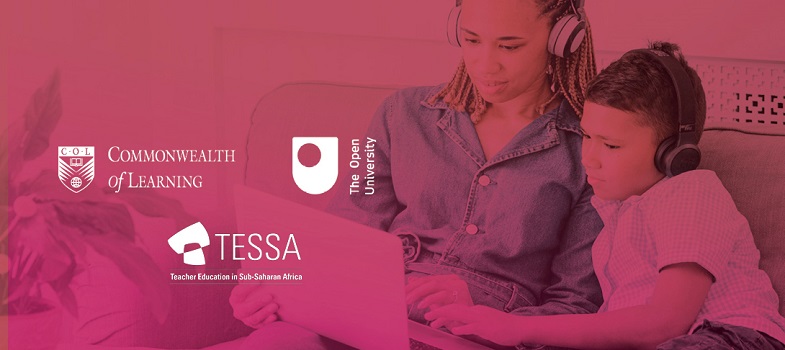Welcome to Creating an Inclusive School. This course highlights the characteristics of an inclusive school. It takes as a starting point the fact that inclusive teaching is the responsibility of all teachers, not just those with special training and draws
heavily on the UNICEF ‘wave model’ for inclusive education. It builds on the course ‘Inclusive Teaching and Learning’ and focuses on ‘Wave 2’ of the wave model, supporting participants in developing attitudes, systems and processes that support a
collaborative approach to inclusion.
The course is practice-focussed and task-based, giving participants the opportunity to apply new concepts to their own teaching and to reflect on their practice with other participants. The tasks are largely experiential, productive and collaborative,
although there is opportunity to assimilate new learning and apply the ideas to practice-settings.
The course is relevant to all school leaders, practising teachers in the primary or secondary phase, as well as teacher educators in colleges or universities and Government officers whose role involves the organisation of continuing professional development
for in-service teachers. It is a good idea to have studied the ‘Inclusive Teaching and Learning’ course in this collection first.
This
course starts on 12th April but you can watch the introductory video below, enrol and fill in the
pre-course enrolment survey, and introduce yourself on
the Welcome course forum from the 19th
March.
October 2021: Please note posting in the forums in this course has now been switched off as the forums are no longer being moderated.
View transcript / Download PDF
KRIS STUTCHBURY: I want you to imagine Joshua and Martha. Joshua has a visual impairment. He attends a local primary school but experiences many difficulties in trying to keep up with his learning.
Martha finds herself in a class of over 100 children. She doesn't enjoy school, and she doesn't think that anybody really knows who she is. These courses are to help teachers help people like Joshua and Martha.
In learning to cater for their needs, they will benefit all children and create a more inclusive atmosphere. In many countries, there are very good policies for inclusive education and a recognition that working to include all children is really important.
Our partners tell us that these policies often lack interpretation.
Teachers know what they're supposed to do but not how to do it. They suggest that training is not hands-on enough and often takes place away from school in one-off events. Evidence from around the world suggests that effective professional development
needs to take place regularly over time, and it needs to tackle the practical aspects of teaching.
These two courses, brought to you by the Commonwealth of Learning and the Open University's TESSA programme, are designed to address these issues and to start teachers on a journey for professional development. They are structured around UNICEF's
Wave model for inclusive education in which inclusive teaching is seen as the responsibility for all teachers and not just those with specialist training.
LYDIA CHEGE: What I think, or when I hear about inclusive education, I think about education provision for education services for all children in a way that education caters for quality, equity, and equality, whereby I'm thinking children with diverse
needs have those needs analysed and provided for by the educator. When I think about inclusive education I think in terms of the pedagogy for delivery in class, I think in terms of resources that would be put in place, and therefore, I envisage
a situation whereby a school that is practicing inclusive education have got what I would call a resource room that have got these diverse resources that are at their disposal, that a teacher could either carry to class or a teacher could avail
to a learner who is struggling with understanding maybe the concepts that are being taught or provide to a learner in terms of assistive devices.
So when I think about inclusive education, I don't think about a classroom. I don't think about four walls where children are put together whether they have disabilities or not. I think about resources. And resources includes teachers who are also
competent to be able to identify the various needs that the different learners in the classroom have got.
KRIS STUTCHBURY: This course, the second in the series, focuses on creating an inclusive school. It examines the collective actions that create an inclusive ethos, such as sharing information, working with parents, working with different community
groups, organising school-based teacher development, and listening to learners. It builds on the idea of an individual toolkit and helps teachers to work together for the good of their students.
Creating an Inclusive School is developed by The Open University in partnership with the Commonwealth of Learning (COL) and the Kenya Institute for Special Education. It was funded by COL, with support from The Open University.


